Afghanistan
November 3, 2015
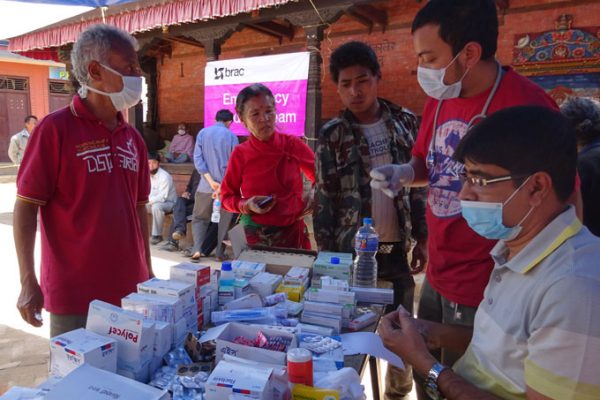
Published by Syeda Samara Mortada at Nov 03 2015
A young woman in her mid 20s is shoveling debris of a completely ruined house, as her mother looks on. The older woman spots the camera and says, “Look they are taking your picture, smile!” Prior to the earthquake, the family of six used to live in a two-storied house. Now the parents along with the daughter live in a dome-shaped temporary shelter built of CGI sheet, while the son lives with a cousin. The father is a sculptor at a local shop and the mother works in a small farm they own. “We are alive and safe, but our house is gone,” says the mother.
March 19, 2015
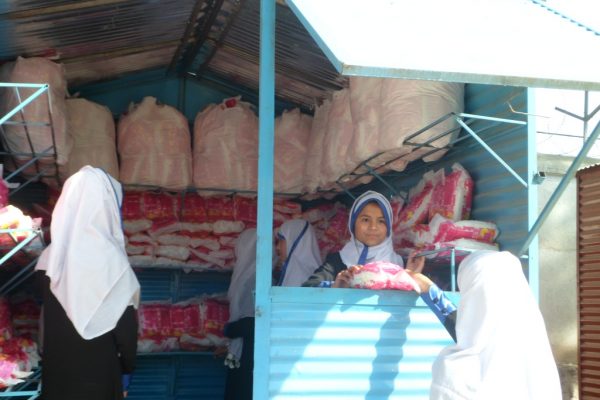
Published by Anjali Sarker at Mar 19 2015
Categories
What comes to your mind when you think about innovation? Most of us relate innovation to places like Silicon Valley. However, there are incredible social innovations happening in the global South; starting from Sudanese villages to Afghan classrooms and in many other not-so-known places, where you least expect anything related to innovation.
July 23, 2014
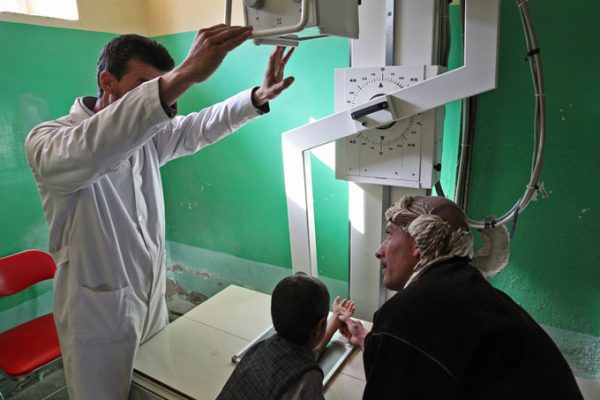
Published by Nazes Afroz at Jul 23 2014
It was Monday, a bazaar day at Qarabag. Hundreds of people were milling about the market, which stretches along one of the roads of the junction. They were buying clothes, daily essentials and food. On these days, the number of visitors at the BRAC-managed district hospital also doubles.
July 6, 2014
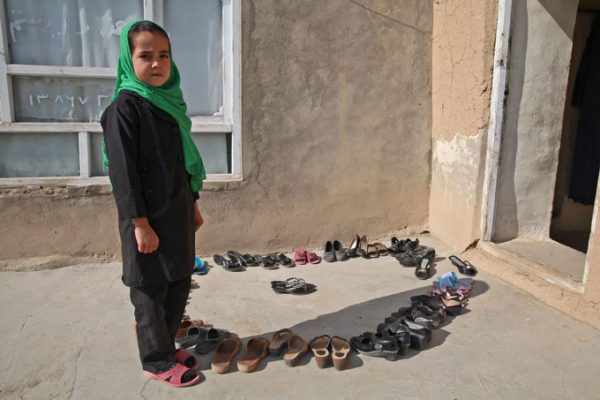
Published by Nazes Afroz at Jul 06 2014
About two dozen shoes and sandals had been arranged in a neat circle outside the classroom of a community-based school run by BRAC in Afghanistan. This school in part 13 of Charikar town, Parwan district is not a formal one; it is part of a programme that takes the classroom to the community, allowing children – especially those still out of school – to easily access early education.
April 3, 2013
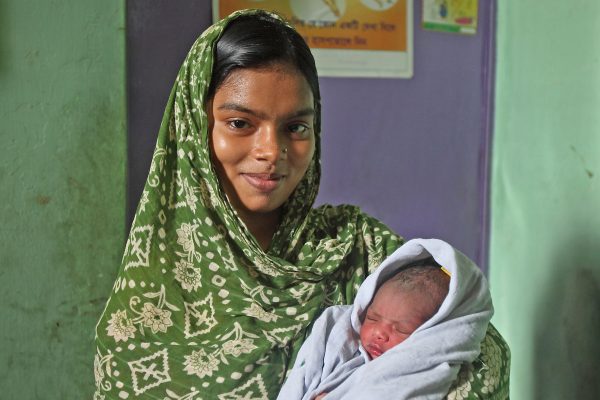
Published by Dr. Kaosar Afsana at Apr 03 2013
100,000 in 1990 to just 194 in 2010, while other indicators like neonatal and under-five mortality have also fallen.
While those numbers are still too high (in many developed countries, the rates for all are in single digits), the change is still staggering. Bangladesh is close to reaching the fourth and fifth of the UN’s Millennium Development Goals regarding child and maternal mortality.
October 11, 2012
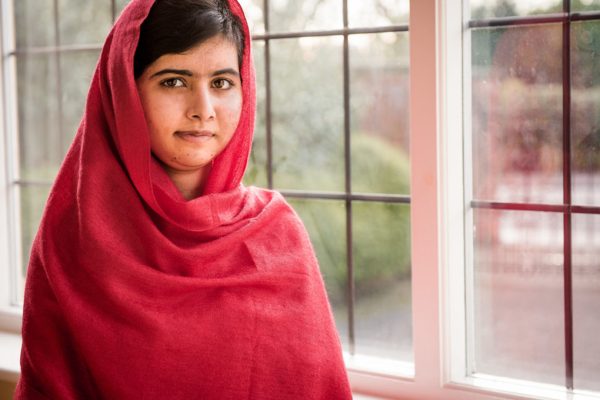
We're sharing this story in light of recent events in Pakistan, where education activist Malala Yousafzai was shot by the Taliban two days ago. We stand in solidarity with Malala and others like her -- such as Shabnam, who works as an education team leader in Afghanistan.
May 8, 2012
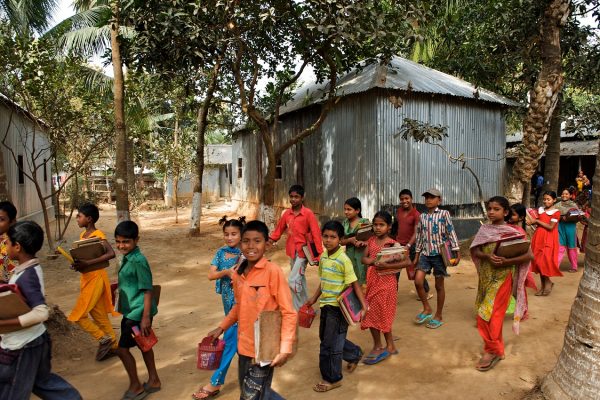
The following was originally posted by BRAC USA President and CEO Susan Davis on the World Education blog.With the Education for All goals and the Millennium Development Goal of universal primary education by 2015 on our minds, perhaps it’s time to start thinking about measurements of educational quality, rather than a simple push for increased student enrollment in developing countries.
June 22, 2011
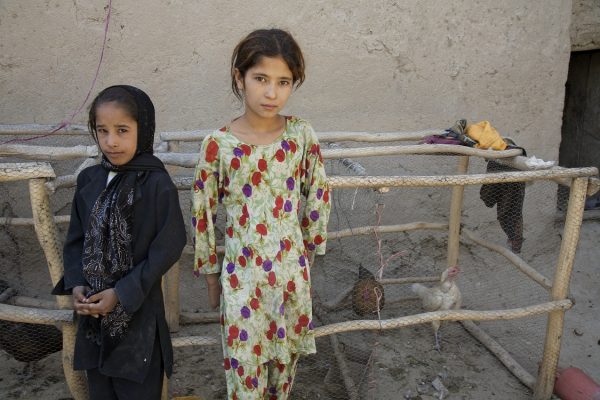
In 2002, shortly after the fall of the Taliban, BRAC initiated programs in Afghanistan. In the span of nine years of operations, BRAC has grown to become the country's largest and most sustainable development organization employing over 3,000 people, 90% of whom are local Afghans and over 40% of whom are women.
June 15, 2011
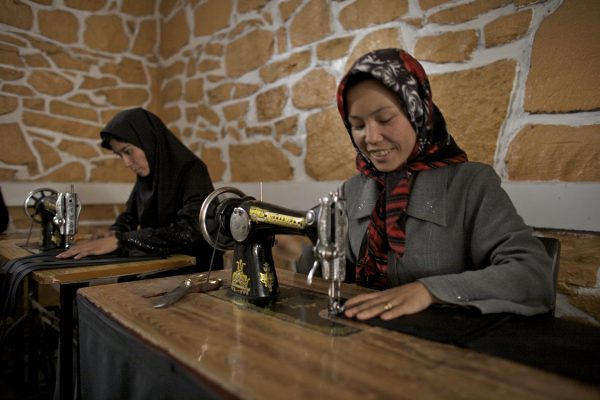
Today, TrustLaw, which runs AlertNet, published a "Danger Poll" identifying the world's five most dangerous countries for women, with Afghanistan topping the list. These figures serve only to further motivate our dedicated BRAC Afghanistan staff, who strive every day to change these conditions.Among the multifaceted BRAC Afghanistan programs in microfinance, health, enterprise development, community development, and education, are 2,297 BRAC schools where 84% of the enrolled students are girls. BRAC is realizing the potential of gender equality in education by increasing the enrollment of young girls through completion of their primary education, and by training local women to teach in these schools.
April 22, 2011

Published by BRAC at Apr 22 2011
Categories
The following article was originally published by the Microfinance Investment Support Facility for Afghanistan (MISFA). Click here to read the original article. A joint study conducted by the United Nations High Commission for Refugees (UNHCR) and BRAC show that contrary to their fears about coming home, many Afghan returnees found a better life through microfinance.
March 24, 2011
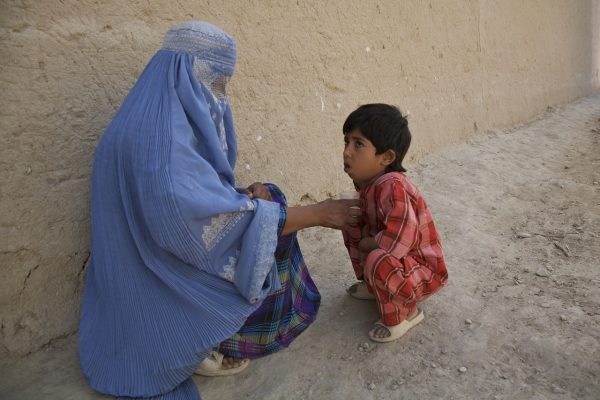
Tuberculosis is a disease we have known for centuries and it is completely preventable. Yet millions today suffer from it and we still see the faces of misery and pain. Even today, tuberculosis (TB) is the cause of many deaths. Prevalent myths that TB is not curable and death is inevitable still exist. In Afghanistan, the situation has been grave. Decades of human conflict and displacement has had a severe impact on the health sector of Afghanistan. High vulnerability to natural disaster, limited safe water supply, poor standards of hygiene and sanitation and restricted access to health care for women have become important features of the health situation in Afghanistan, exacerbated by difficulties of geographic access.
February 4, 2011

Below is an article published on the Nourishing the Planet blog by Matt Styslinger, who worked as Student Researcher at BRAC in 2008/ 2009, conducting field research on BRAC’s Water, Sanitation, & Hygiene (WASH) Program.

